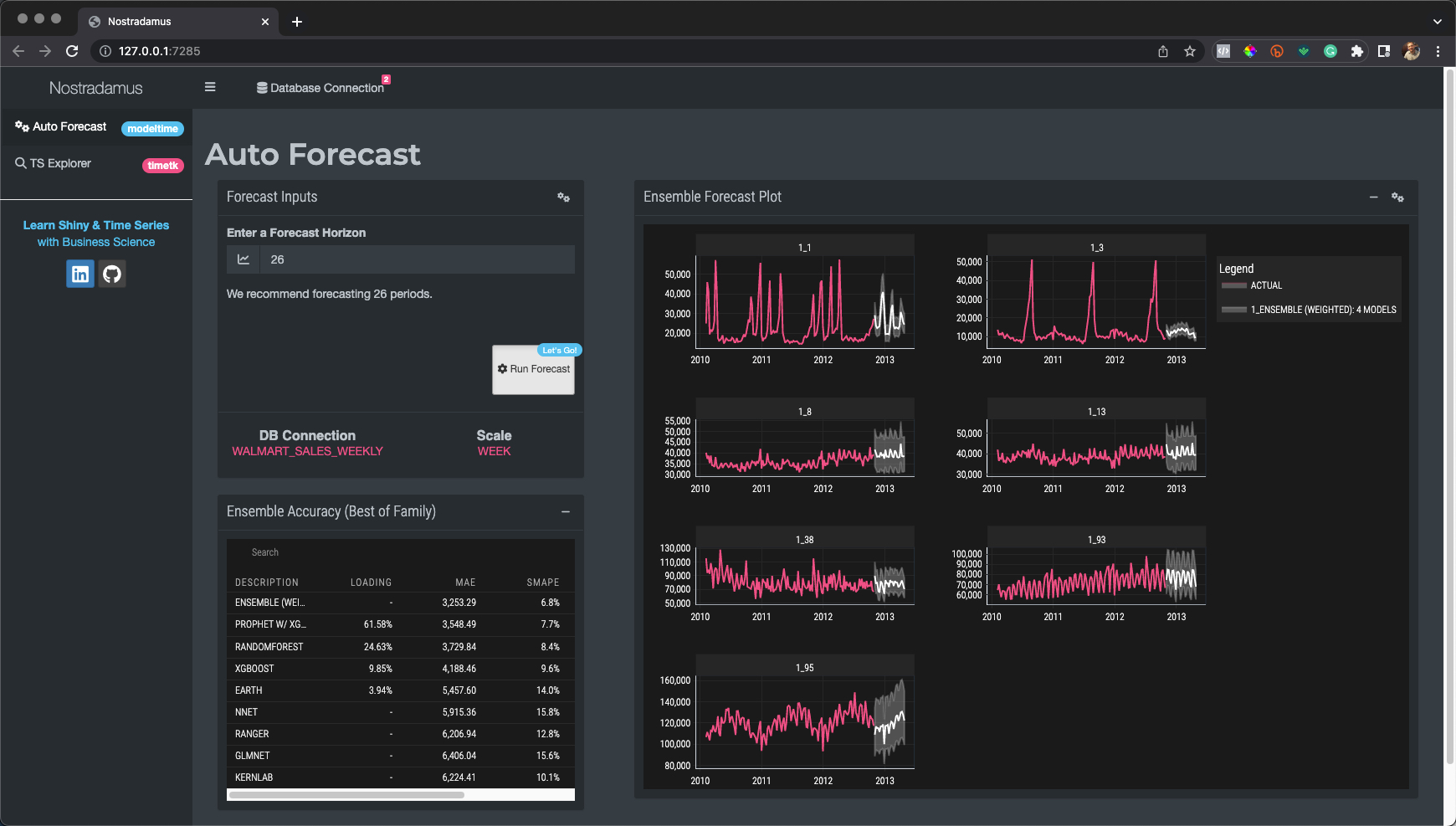“Data science” is a term that has been making waves in the business world in recent years, but what exactly is it?
Data science is an interdisciplinary field that uses scientific methods, processes, algorithms, and systems to extract knowledge and insights from structured and unstructured data. It’s a combination of statistics, mathematics, computer science, and domain knowledge that enables organizations to make data-driven decisions.
The primary function of a data scientist is to develop algorithms that can learn from large amounts of data in order to make accurate predictions or forecasts about future events. Data science is closely related to statistical analysis and business intelligence; however, businesses generally don’t turn directly to data scientists for help with these tasks—instead turning more readily toward statisticians or business analysts who have been trained specifically in statistical techniques such as regression analysis or decision trees.
Turing award winner Jim Gray imagined data science as a fourth paradigm of science (empirical, theoretical, computational and now data-driven) and asserted that “everything about science is changing because of the impact of information technology” and the data deluge.
Origin and Challenges
The origins of data science can be traced back to the 1960s, when organizations first started to collect and store large amounts of data. However, it wasn’t until the 1990s and 2000s, with the advent of powerful computers and new data storage technologies, that the field began to take shape. Today, data science is a crucial tool for businesses of all sizes, as it allows them to unlock the full potential of their data and gain a competitive edge.
One of the biggest challenges of data science is dealing with the vast amount of data that is generated and collected every day. This data can come in many different forms, such as text, images, and videos, and it can be difficult to make sense of it all. Additionally, data science projects often require a high level of technical expertise, which can be difficult for small and medium-sized businesses (SMBs) to acquire.
Use Cases
Despite these challenges, data science is a valuable tool for SMBs, as it can help them to identify cost savings, optimize performance, and increase revenue. Some of the most common use cases for data science in retail businesses include:
-
Inventory management: By analyzing data on sales patterns, inventory levels, and product demand, data science can help retailers to optimize their inventory and reduce costs associated with overstocking or stockouts.
-
Customer segmentation: Data science can be used to segment customers based on their demographics, purchasing history, and other characteristics, which can help retailers to target their marketing efforts more effectively.
-
Demand forecasting: By analyzing data on historical sales patterns, data science can help retailers to predict future demand for their products, which can help them to optimize their inventory and pricing.
Conclusion
Data science has a long history rooted in mathematical concepts, but it’s only recently that the field has started to get more attention. With so many people now connected online and generating so much data, there is a huge need for people who can make sense of all of this information. The demand for data scientists will continue to grow as technology continues its rapid development and more industries adopt these approaches into their workflows.

